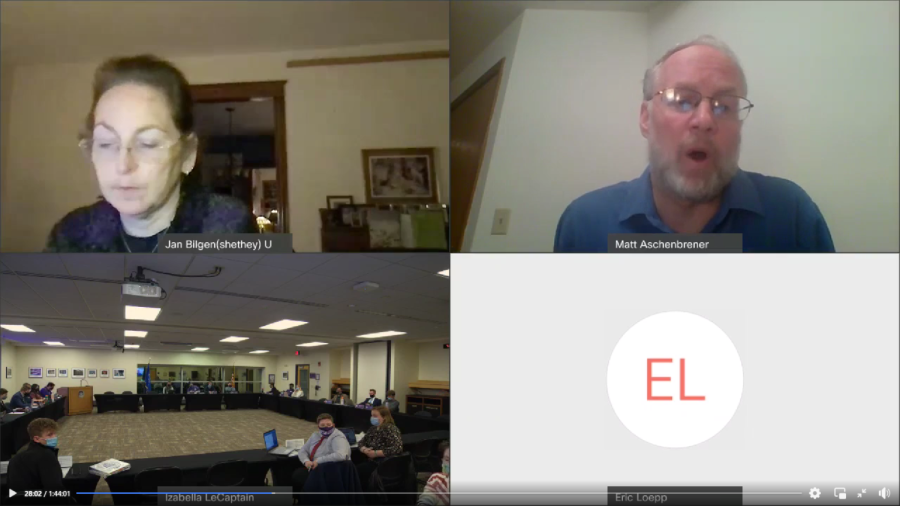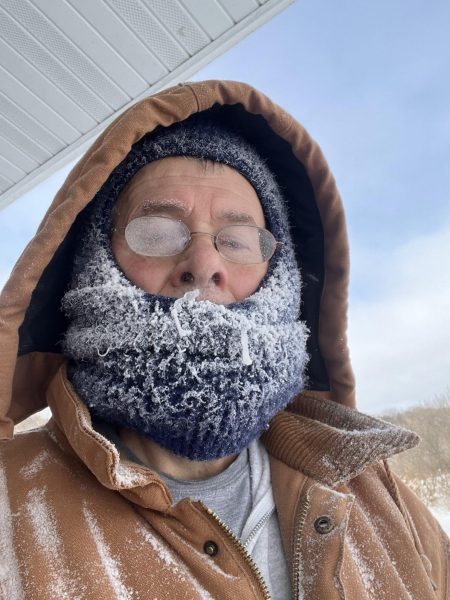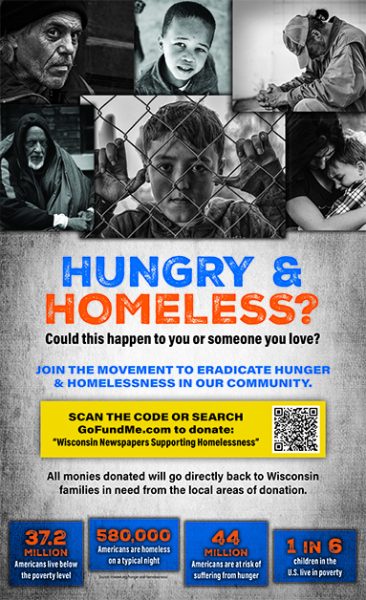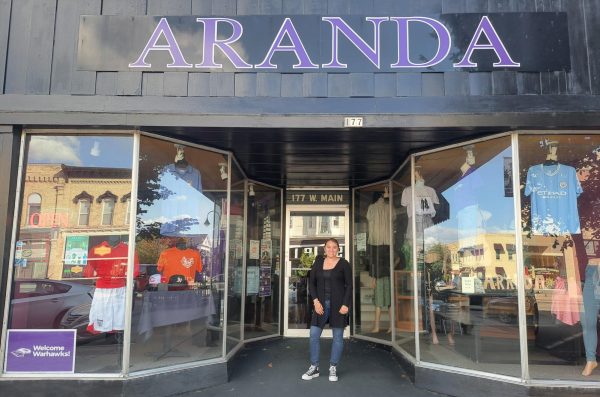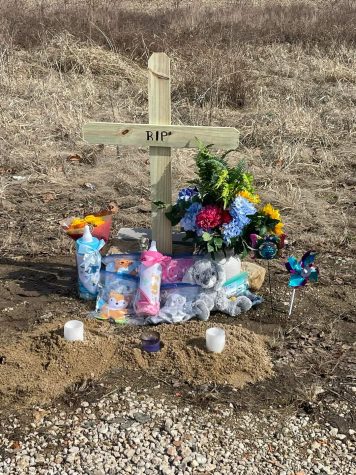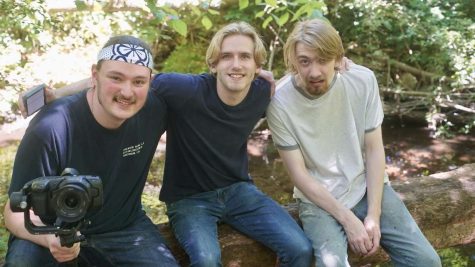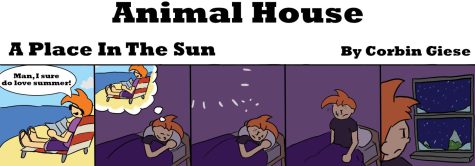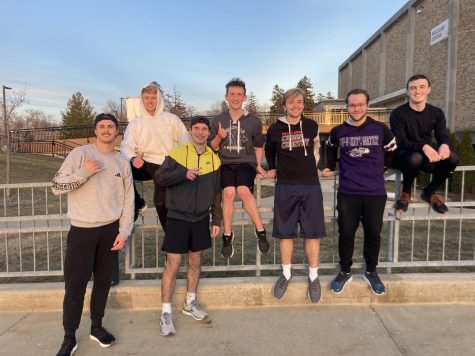Plans take shape for strategic enrollment
February 6, 2022
Dr. Matt Aschenbrenner talks about the fourteen different plans for strategic enrollment. He briefly outlines each of them and quickly goes over them, but makes sure to mention the work put into these plans.
“I went through these. Many of the committees had six to eight people on them that worked for over two months, so I’m giving you the sentence on the work that they did in terms of developing sometimes up to twenty page white papers outlining the work and why we should do it and how much it would cost. So, there was a lot of work that was put into it,” says Dr. Matt Aschenbrener.
On top of strategic enrollment planning, Dr. Aschenbrener speaks about the returning learning communities. The communities are receiving a lot of excitement for their return from students and faculty members.
Dr. Aschenbrener says, “Learning communities was a program that was under my area, under first year experience for a number of years. With declines in student enrollment, we had to cut about twenty five percent out of the FYE budget.”
“The proposal was to essentially bring the program back as is in terms of staff members dedicated to building the programs, marketing them, connecting them with courses and having coordinators teaching a linked class with new student seminars.”
Furthermore, there have been voices of the LGBTQ+ community speaking out about the issues they have been facing from students, faculty, and the campus in general. A proposed bill to help fix some of these issues and make it easier for this community to speak up about what they’re experiencing was unanimously agreed on.
Senator Smith says, “I wrote this bill because I have been hearing people in my community experiencing identity based harassment as well as experiencing it myself. As a freshman, I feel like this isn’t something that should be driving me away from this campus. It happens primarily in anonymous ways that land themselves in they said situations and it has no real way of being reported. I am hoping this bill, while expressing support for this community, will also draw attention to this issue in a way that will create positive change for the community as a whole because every student deserves to feel safe on this campus.”
Two different senators were elected to new chairs. One, in particular, had a to say about the focus he wants to put on making sure students feel a sense of belonging on campus.
Senator Schneider says, “I know one thing that Whitewater always has a hard time with is students having a sense of belongingness on our campus. So, if I could, I would put a lot of resources towards stuff on the weekends for students to do and like cool shows that we could have on campus and just large-scale events.”
WSG explains peer mentoring and advocates for people to become peer mentors. Being a peer mentor is a paid position where you get to work with first-year students. WSG urges people to join for the experience and a chance to work with professors as well as the other mentors. The qualifications and what being a peer mentor entails are also talked about in the meeting.
Moving forward, WSG makes a point to talk about and reiterate covid policies. There is a covid higher education relief grant now open for students to apply for though.
They are also still dealing with the dress code policy issue with the Williams Center. In other words, it is a crop top issue as well. Let alone the dress code being an issue, they want to fix the way staff members approach students about what they’re wearing too. On top of these policies, there has been a proposal for a longer winter break which WSG members were excited to hear about.
Winding down the meeting, it was announced that there are people here to help with dining issues mostly because of the lack of staff. Also, senators spoke about wanting to expand their social media presence and gave the different committees their assignments.
Lastly, Jan Bilgen urges everyone to be safe and take precautions with the winter weather. A student was out of town and froze to death walking back to their house. She wants students to know the resources available to them and to be careful.


